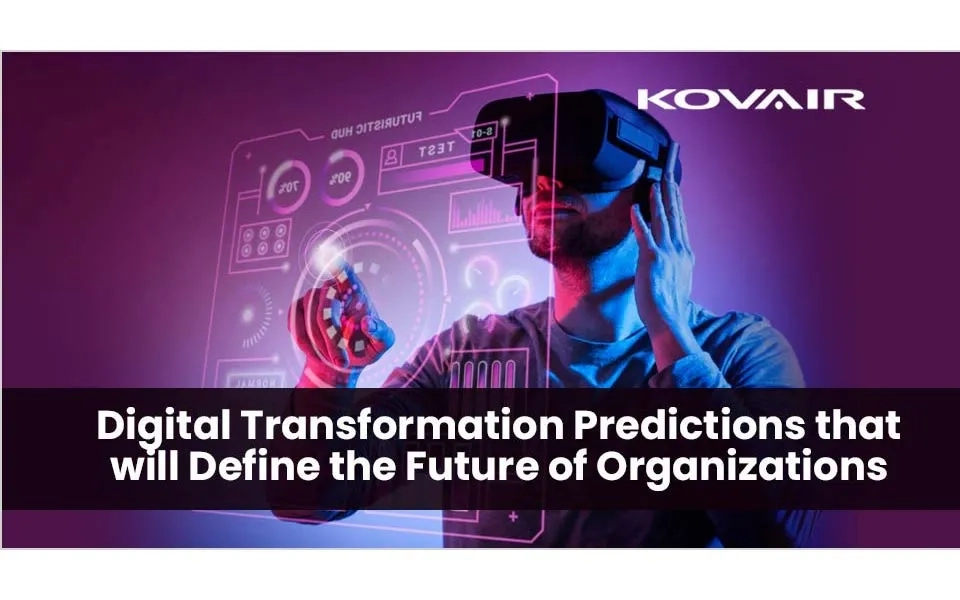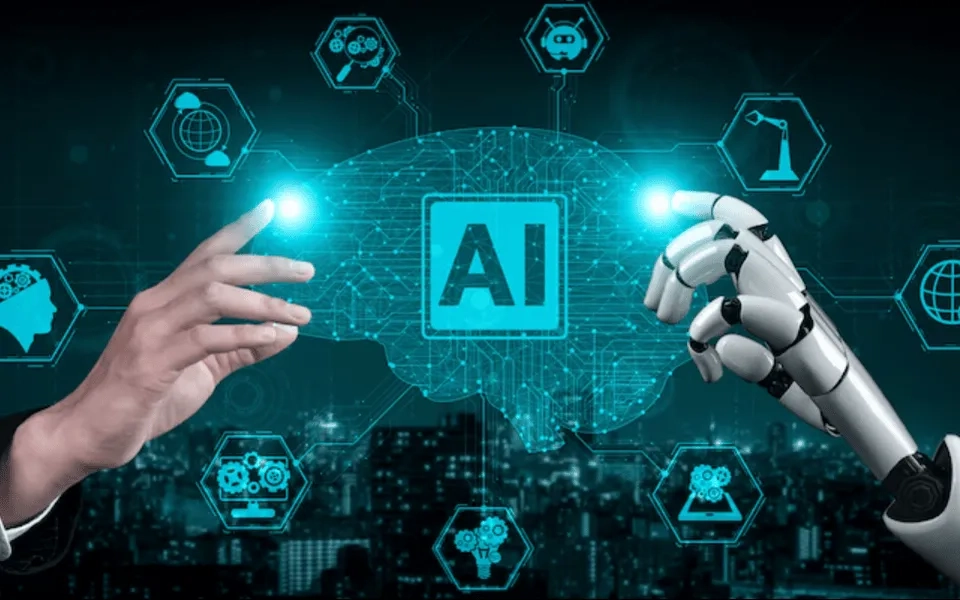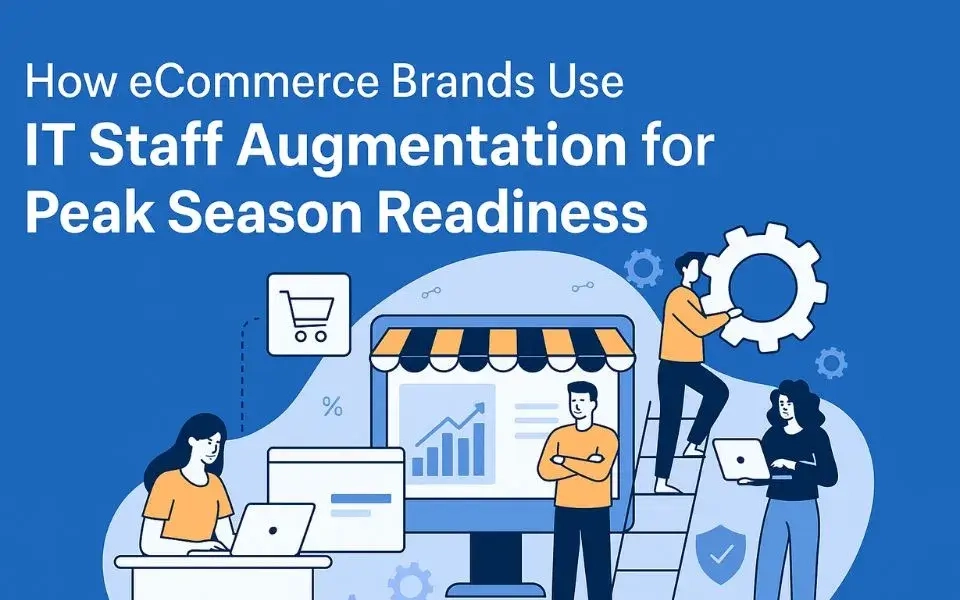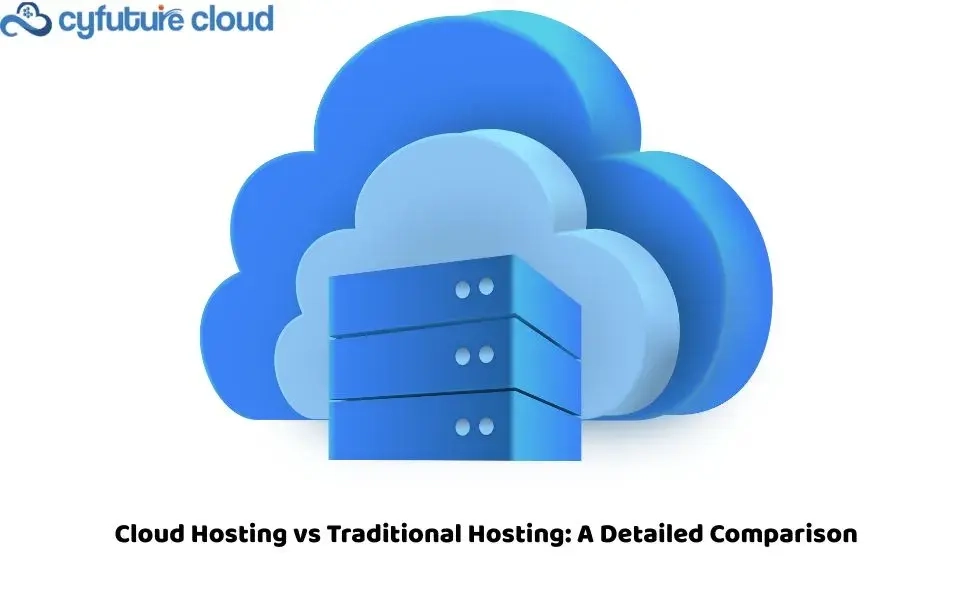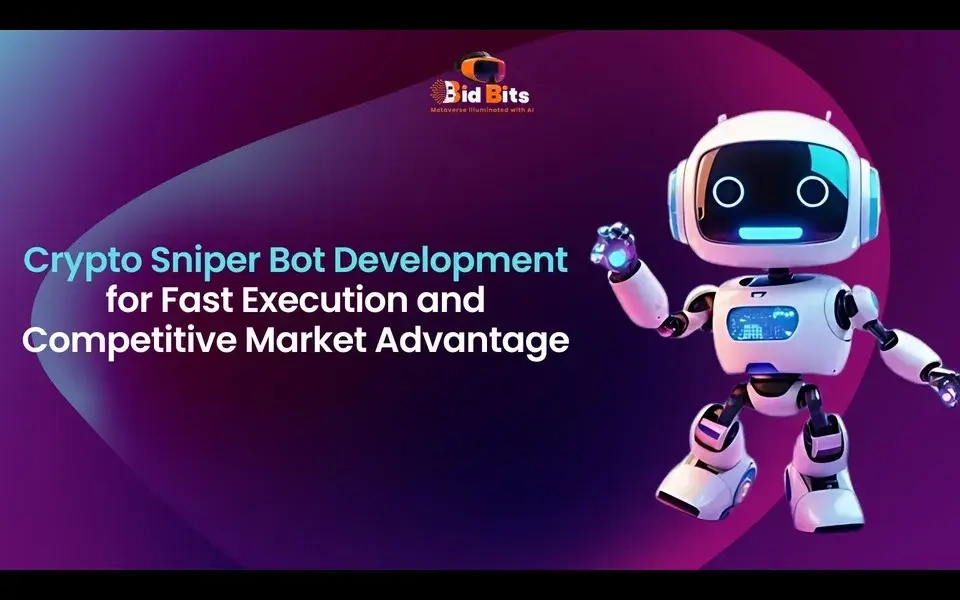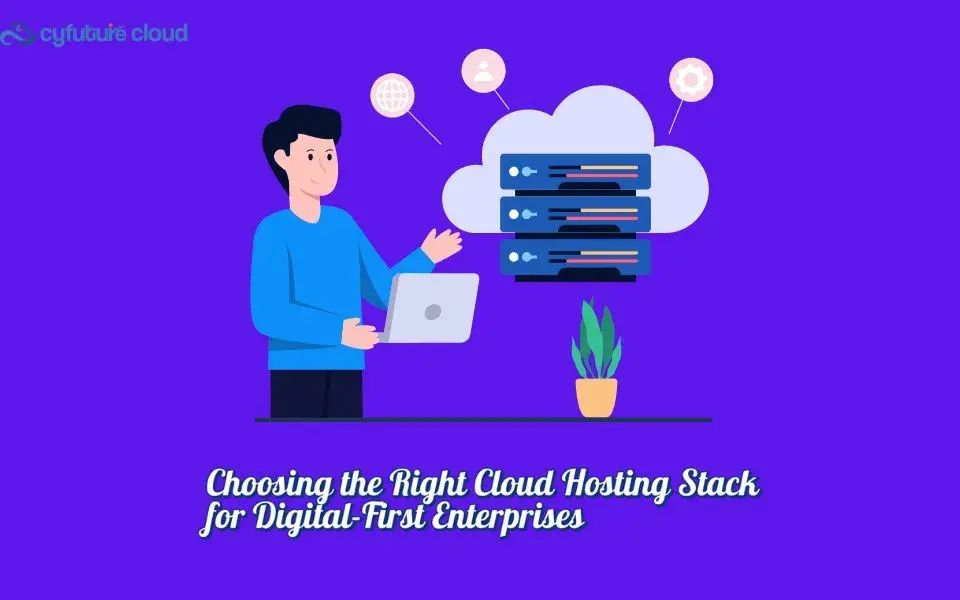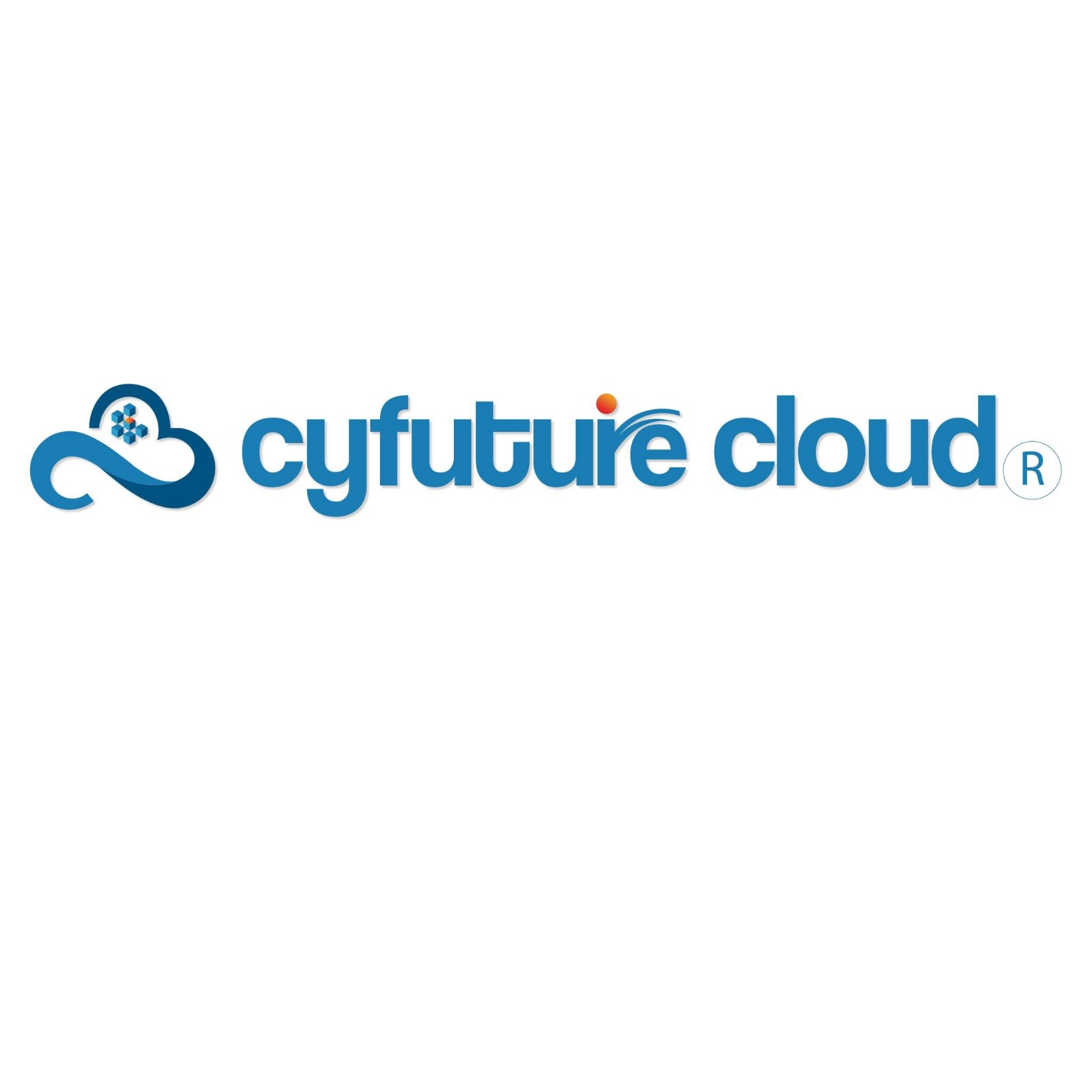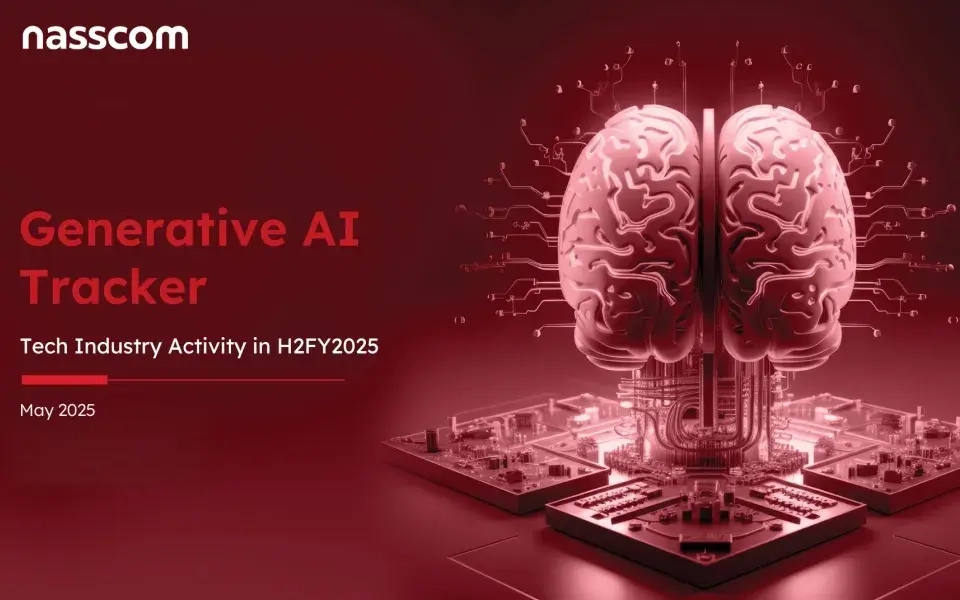Many companies have invested a great deal of time and effort over the past two years reinventing the digital interactions they have with their consumers and the capabilities of their workforce.
As a result of this, they’ve learned how to empower their workforce with technology, introduce new goods and services quickly, and alter the way they connect with consumers. As per 85% of senior decision-makers, they have just two years to implement digital transformation in their organizations.
In other words, despite considerable progress in digital transformation over the previous several years, there is now a necessity, and recognizing that 59% of corporate executives fear it is already too late. When it comes to the future of digital transformation, what can leaders expect in the coming days and how can they plan for its development?
Digital Transformation is more than just a technical endeavor
As per the Information Age, To succeed in the digital age, CEOs will rely on their CIOs as strategic partners to help steer them through a succession of critical transformations. Global tech spending now exceeds $3 trillion, with the United States accounting for $1.5 trillion of that total.
It’s becoming increasingly important for enterprises to have a wide range of features in place to get the most out of the emerging digital transformation trend. It is critical for businesses to employ technology that can detect and respond to important developments in consumer behavior in an era where the customer is the most powerful force in the world.
Organizational performance in 2022 will be based on increasing efficiency and customer focus thanks to the use of automation and Artificial Intelligence.
If a company wants to be successful in 2022 and beyond, it must focus on improving the customer experience and enhancing business outcomes across different channels by connecting the links between people, information, and technology.
However, despite the importance of digital transformation consulting services, it is not the only factor. To succeed in the digital age, senior leaders must cultivate the appropriate culture and the right blend of people.
Predictions for the year 2022 in the field of Digital Transformation
1. Front-line professionals will be empowered and customer service will improve
With the advent of new methods and channels to contact businesses, we, as consumers, have raised the bar on what we expect from the firms with whom we do business.
It’s not only the large concerns that annoy us but the little things as well that have a detrimental influence on our lives. If enterprises wish to successfully reinvent themselves, they must avoid becoming weighed down by mundane concerns.
As a result, we can expect to see more firms giving their front-line employees the authority to manage the whole customer experience (CX), from recognizing and addressing CX problems to immediately implementing solutions and incorporating lessons learned into future actions.
There will be constant iteration and improvement on the front line because of the product mindset.
Rather than focusing on educating front-line workers on how to use specific digital or CX technologies, firms will instead educate people on how to evaluate and solve challenges using design theory, service design, and agile methodologies.
2. Return on Experience (ROX) will guide business decisions
There is no shortage of ways in which firms might improve the consumer or employee experience in the future. They need to figure out what to do. It’s impossible for most businesses to fulfill all of their consumers’ needs because they lack the staff, funds, and other resources.
In 2022, firms will place more emphasis on the return on experience (ROX) when making decisions. ROX can only be calculated by integrating data from many sources, such as consumer and staff surveys.
As a result, companies will have a better grasp of the effects of specific Consumer Experience (CX) and Employee Experience (EX) improvements on operational outcomes. This will provide them with the foundation required to evaluate, prioritize, and measure the outcomes of any actions they undertake and to scale the most effective improvements.
3. Innovation will be fueled by ESG Considerations
Environmental, social, and corporate governance practices have seen a sea change in the previous several months. In the past, they’ve emphasized responsibility and the requirement to provide reports.
These days, companies are thinking more strategically about using ESG to spur innovation and, as a result, create value for their own operations as well as for their consumers. This focus on ESG as a game-changer and differentiator will only expand when organizations adopt it in 2022.
Organizations will increasingly utilize ESG goals as a driving force for rethinking existing business models and producing new goods and services as well as providing unique experiences for customers and employees.
4. Fintech Apps and Microservices appear more appealing
With each passing year, traditional ERP solutions are becoming less popular. Specialized tools and dedicated solutions are becoming increasingly popular as divisions become more technical and financial roles expand.
In light of the increase in corporate automation, optimization is the talk of the town. There is a growing number of new ERP platforms that can readily interact with existing ERP systems.
Cloud-based cost management, for example, may interact with current frameworks to ensure that Finance teams are comfortable embracing new spending solutions. Users will benefit greatly from cloud integrations and apps as they become more mainstream.
Microservices will replace cumbersome procedures, while complex legacy technology stacks will be replaced with more transparent and autonomous digital solutions. As per Business Insider, organizations that use automated expenditure management systems claim 81% reduced processing expenses and 73% shorter turnaround time.
5. Companies will collaborate for shared innovation
Two years ago, corporations realized that innovation is essential. Many people are now beginning to understand that relying only on their own original ideas won’t get them very far.
There is no way that they can come up with new ideas on their own because they don’t have the necessary resources. New alliances will spring up as companies seek to improve innovation on a large scale. Cloud computing and last-mile delivery are two sectors where we’ve already seen such cooperation, but they’re only the tip of the iceberg.
In 2022, we can expect to see an increase in the number of firms working together to develop new business models based on their combined experience, technologies, skills, and talents.
6. Workplace and Workforce may change forever
By the year 2020, 71% of Americans were doing their job from home because of the COVID-19 epidemic. After the epidemic was over, 54% of employees said they would prefer to work from home. Employers will find it difficult to say no to these demands if remote workers are more productive than on-site ones.
Gartner reports that just 17% of companies believed their employees were somewhat less productive as a result of working remotely during the pandemic, whereas 44% of employers stated that their teams were either slightly more productive or considerably more productive.
Consequently, it is imperative that companies anticipate the needs of a remote workforce. Autonomous cloud-based solutions have made it possible for various departments to operate remotely. An Emburse survey found that 98% of respondents acknowledged that automating time-consuming manual procedures made monitoring and supporting a remote staff significantly simpler.
New technology implementation is far easier than rethinking and modifying your workforce paradigm.
It is predicted by Forrester in its 2018 Predictions report that digital transformation and its influence on organizations worldwide would be a major worry for enterprises wanting to secure their long-term future.
Big changes coming ahead
Already major disruptors, AI and machine learning (ML) will continue to be a massive force in the corporate world, meaning the C-suite must adapt to unique operating models that really provide value to the firm.
Predictions imply that while blockchain will not disrupt any sector, those firms who grasp its potential power will keep investing in the technology. There will be a new wave of quantum computing experiments from IT giants like Microsoft, Google, and IBM as well.
Customers can be reached directly or via intermediaries and partners thanks to disruptive enterprises’ new platform business models, which transform old business models into platforms for business. This means that company leaders will be able to maintain long-term connections with their customers by preparing for these changes now.
Bottom line
The future of your company depends on your ability to be transparent and upfront about all the steps you are doing to make it more digitally capable. Your chances of success will rise if you provide access to a variety of technologies and demonstrate how they may be used to support key business transformations.
Source: Digital Transformation Predictions that will Define the Future of Organizations




